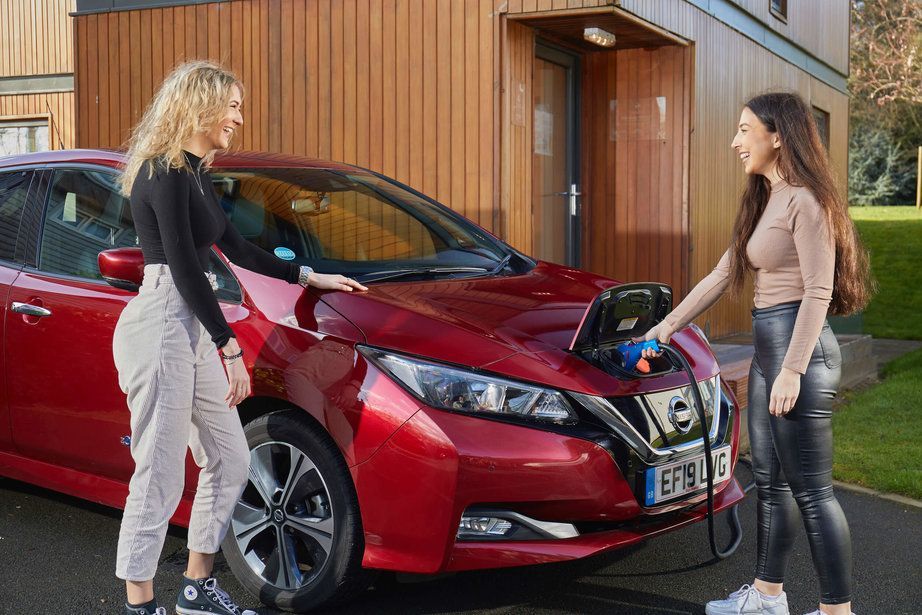Western Power Distribution (WPD) has launched a new research project looking into ‘on-the-go’ electric vehicle (EV) charging.
The DynaCoV (Dynamic Charging of Vehicles) initiative is a £417,000 study launched together with Coventry City Council, Coventry University, Toyota and Cenex, and will explore the feasibility of wireless, ‘on-the-go’ charging.
In particular, the technology is thought to be beneficial for HGVs that need to be constantly on the move and use larger batteries than standard EVs. Inductive charging could help tackle range anxiety for vehicles that constantly need to be on the move.
Additionally, ‘on-the-go’ charging could help DNOs by providing multiple substation connection points along the length of the charging strip. This would help reduce pressure on the network, particularly during periods of high demand.
The DynaCoV study is being joint funded by WPD and Ofgem, as a continuation of the regulator’s Network Innovation Allowance.
Data communication between chargers and receivers will be accessed, allowing WPD to explore how wireless equipment would operate within the existing network. Small wireless chargers will be laid beneath the tarmac of the road, which will communicate with technology added to EVs and hybrid vehicles during retrofitting.
It will be conducted in three stages, with Cenex initially exploring existing expertise and development in the area, Coventry University then assessing the feasibility of deploying the technology and finally Cenex identifying where WPD’s network might benefit from the technology.
Ricky Duke, WPD innovation & low carbon network engineer, said they were thrilled to be launching the “pioneering project”.
“The ability to charge your vehicle while on the move would be a massive game changer for the nation and the launch of our study marks an important milestone in our journey towards identifying new and exciting ways to support the mass adoption of EVs across the country.
“As we look to the New Year and start to think about a post-COVID-19 world, it will be ground-breaking tech and innovation such as this that paves the way to the UK’s green recovery and helps us achieve the government’s net zero target by 2050.”
As the UK pushes towards decarbonisation, the need to transition to EVs is becoming increasingly pressing. This is further emphasised by the government bringing forwards the date for the ban of the sale of internal combustion engine vehicles to 2030 in the Ten Point Plan in November.
The Climate Change Committee’s recent carbon budget highlighted that as this necessary switch takes place, electricity grids will increasingly be under pressure and will need to take steps to reinforce the networks and increase flexibility.
Shamala Evans from Coventry City Council added: “There are sectors of the transport system, such as buses and HGVs, which have previously proven challenging to electrify due to their high energy demands. However, dynamic wireless power transfer is a technology which has the potential to provide the ability to charge on the move and will be transformational in accelerating the electrification of our transport networks.
“Coventry’s ambition is to create a zero-emission road transport city and we believe this initiative will support our bid to become an All Electric City going forward.”
The DynaCoV study begins in December 2020, with the first results expected in February 2022. Further to the study, a trial of the technology may be rolled out later that year, but this is dependent on the outcome.






